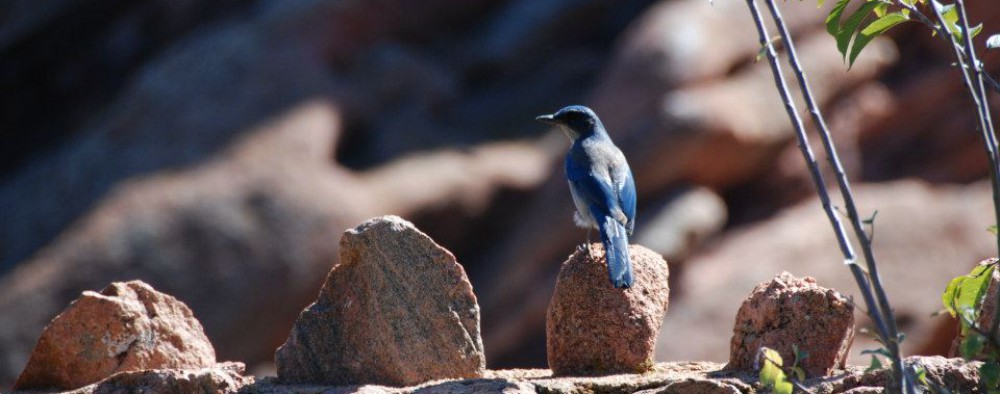
NaBloPoMo 2021: Do Good, Kid
How do you see the relationship between commitment and flexibility?
Son submits college applications in the coming weeks. I worry that he puts too much pressure on himself to choose the ‘right’ school (I assume that he will have choices), as if so many permanent things depend on this one life decision. In truth, this door swings two ways, not just one way. He is thoughtful and self-aware, and will make a conscious decision. Then I hope he immerses himself in his chosen school, goes all in with classes, clubs, culture, and people. There is always the risk that it won’t be a good fit, despite all of his efforts and intentions. And it will be okay; he can change schools, take a year off, study abroad—so many options!
Two friends in medical school graduated at the top of our class and matched in general surgery residencies. They both hated it. One is now a neonatologist, the other a pathologist. My residency classmate left in the middle of our intern year because her husband’s job required them to move. They all committed and flexed.
In science and medicine, we often think we know something. We study, analyze, discuss, and conclude. We sometimes make sweeping changes in decision making based on the evidence to date (think hormone replacement therapy, cancer screening, and baby aspirin, for example). But we don’t stop monitoring. We keep asking questions. Sometimes what we thought we knew turns out to be wrong, and we must step back and change direction. It’s not because we were stupid, or because we had some nefarious intent. We simply can’t see the whole picture sometimes, and still have to act, so we do the best we can with what we have. And we must be willing to change both our minds and our actions when we learn and know better.
In The Infinite Game, Simon Sinek discusses the idea of existential flexibility, which he defines as “the capacity to make a dramatically huge strategic shift in an entirely new direction to advance our cause.” We flex in actions while maintaining steadfast commitment to our purpose and mission. He gives examples of companies who did this successfully (Apple), and who did not (Kodak).
For myself and so many of my patients, we must constantly commit and recommit to our health habits and practices. The method I used to lose 25 pounds in 9 months when I was 34 does not feel feasible now that I’m 48. I recently read a Noom article on decision making that resonated deeply (I have no interests in this business). “Make a choice and move forward with conviction. Prepare to be wrong. Be ready to pivot. And be willing to make a different decision. You can always make a different choice.”
Whether it’s suffering, fun, college, residency, clinical guidelines or mindful eating, we get to choose. Doing the same thing over and over again is totally okay, and so is changing. It’s just much better if we are actually choosing either, and that we know why.
